I am a human centred researcher and designer. I use reconceptualisation as a tool to facilitate new conversations around gender inequality and inclusivity.
Experience & Education
MA/MSC Global Innovation Design, Royal College of Art and Imperial College London (2021)
BA Textile design, The University of Leeds (2018)
I am the founder of Lock Down Ladies, a charity print business that has thus far raised over £11,000 for domestic violence charities globally. I am currently an ambassador for both Refuge UK and Girls Rise UP, working on issues of girls safety and inequality.
Before my time at the RCA, I worked in both commercial textile print and high fashion atelier design in New York and London. Studying at the University of Leeds with a BA in Textile Design, my past exploratory textile and craft work has been shown and published in London and Tallinn, Estonia.
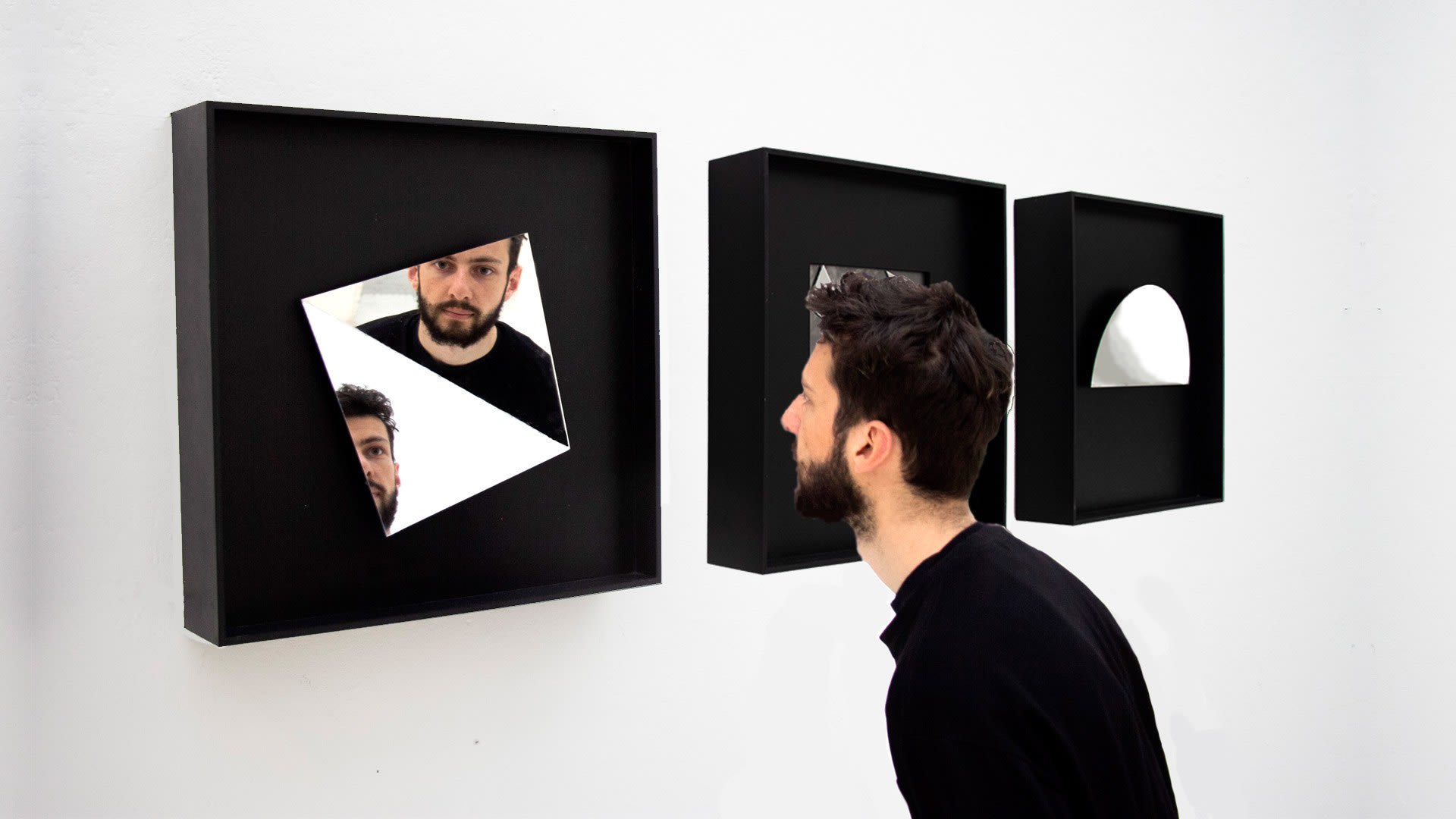
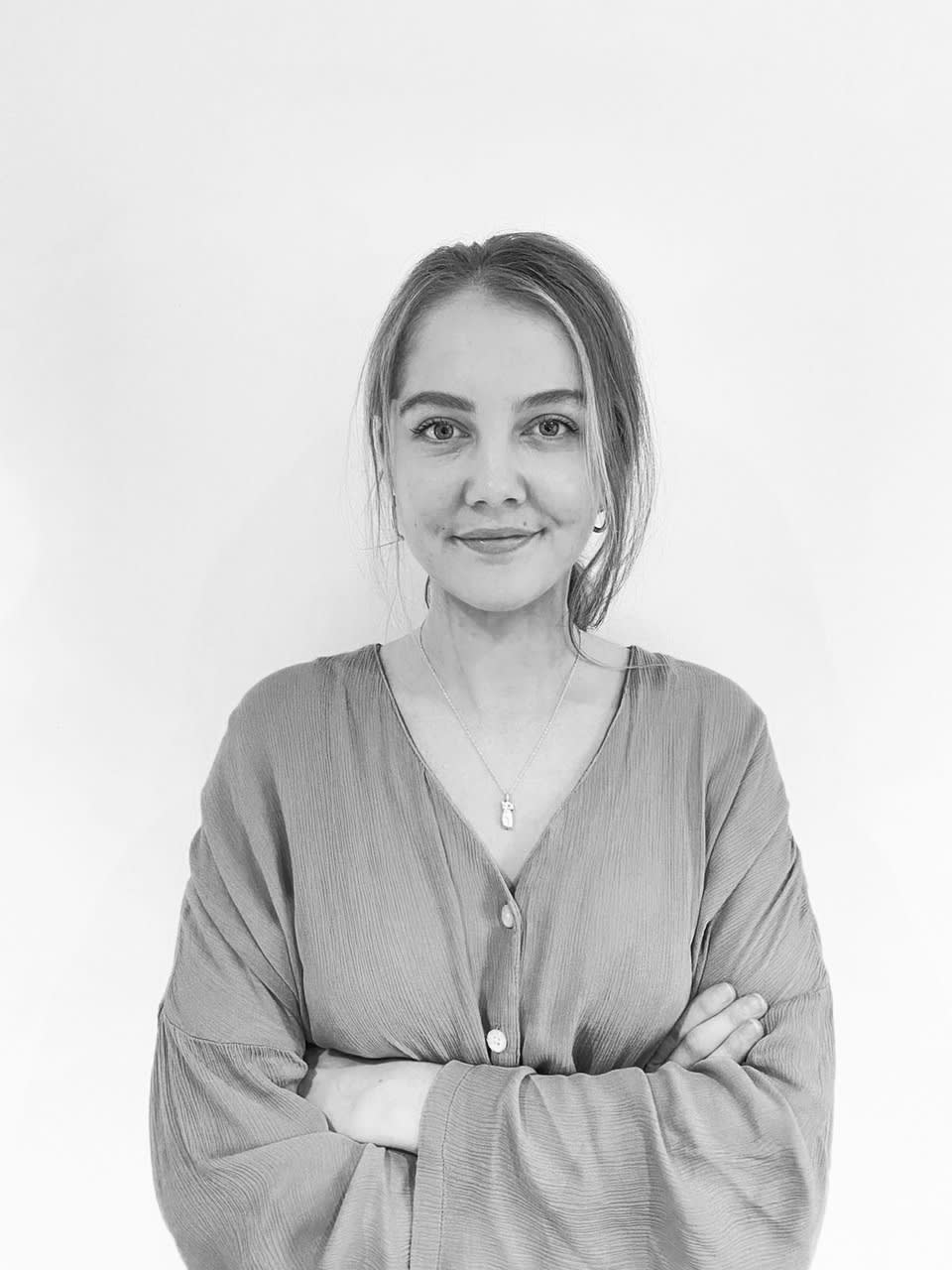

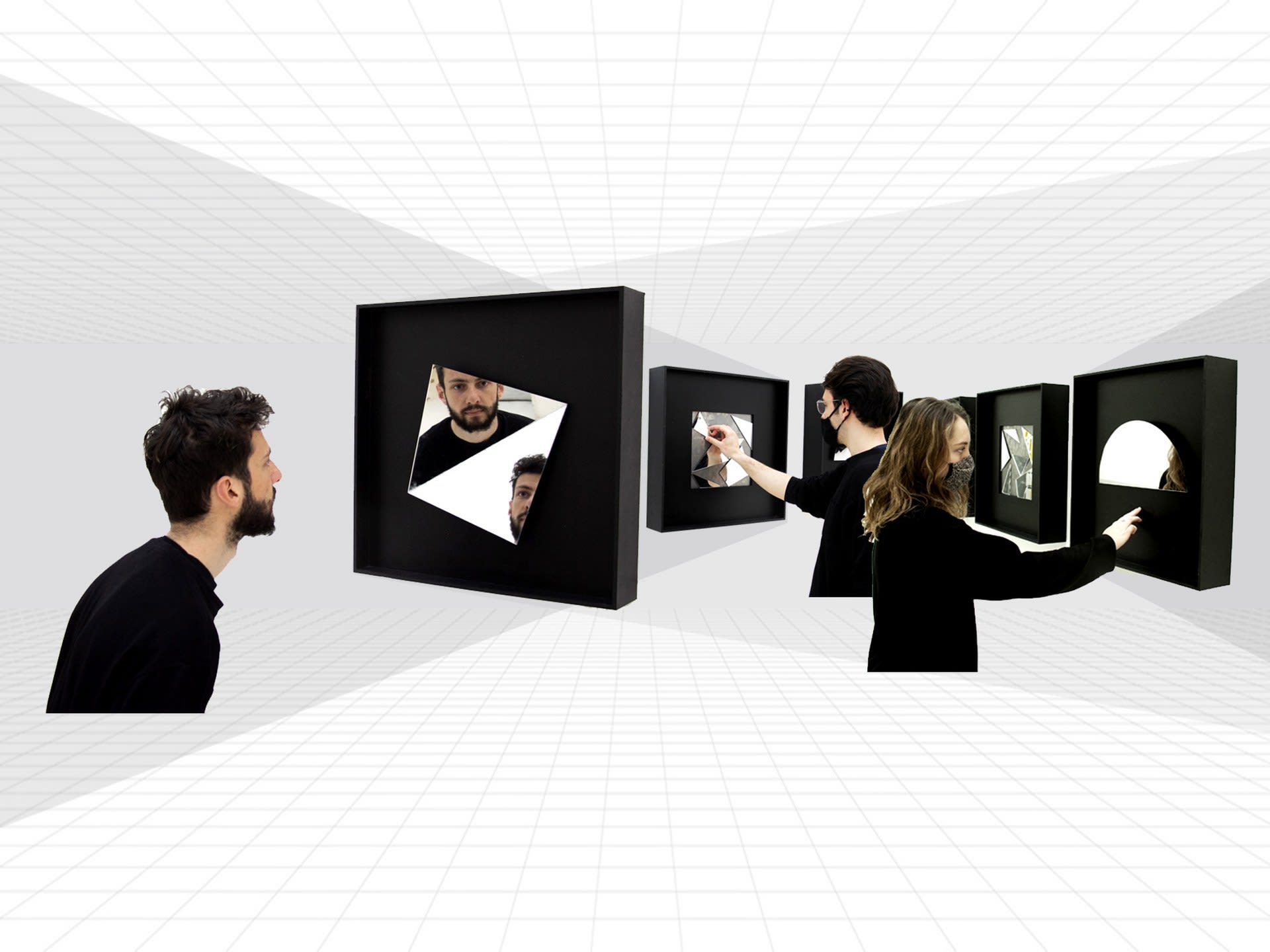







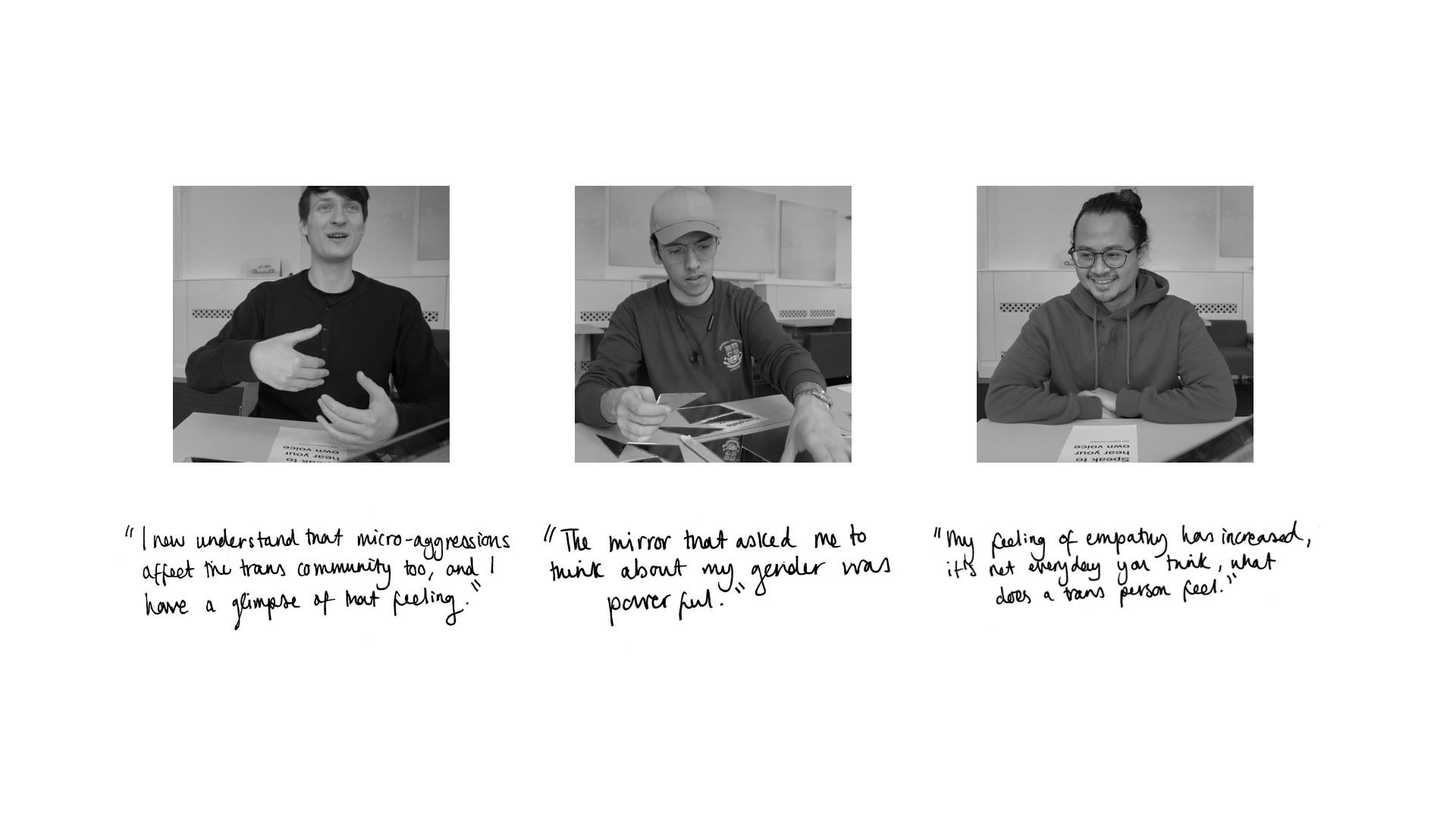
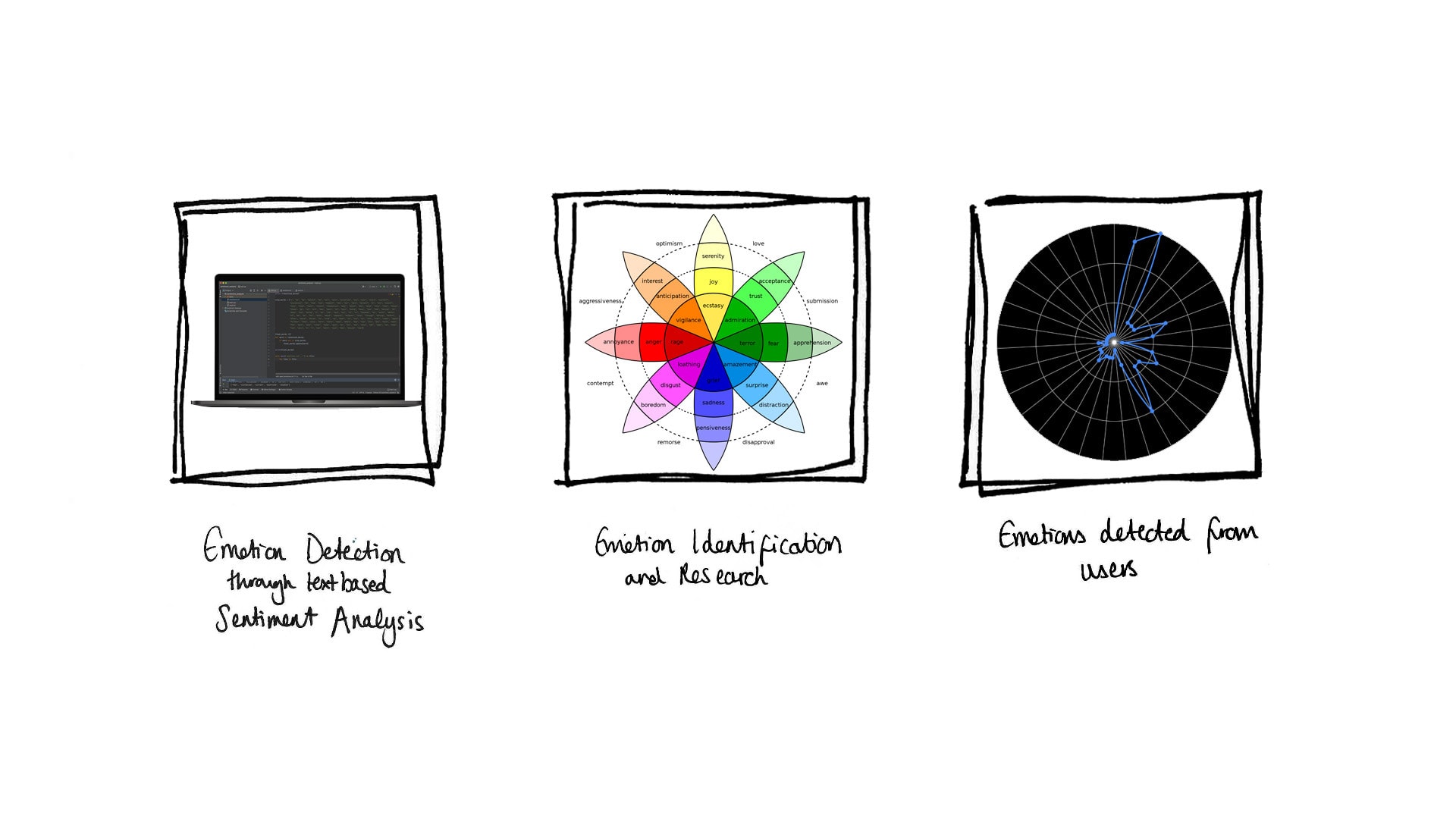
![[untitled]](https://res.cloudinary.com/rca2020/image/upload/f_auto,h_1211,w_1920,c_fill,g_auto,q_auto/v1/rca2021/60c348e1a98c7847e5e07e1f-957154?_a=AXAH4S10)


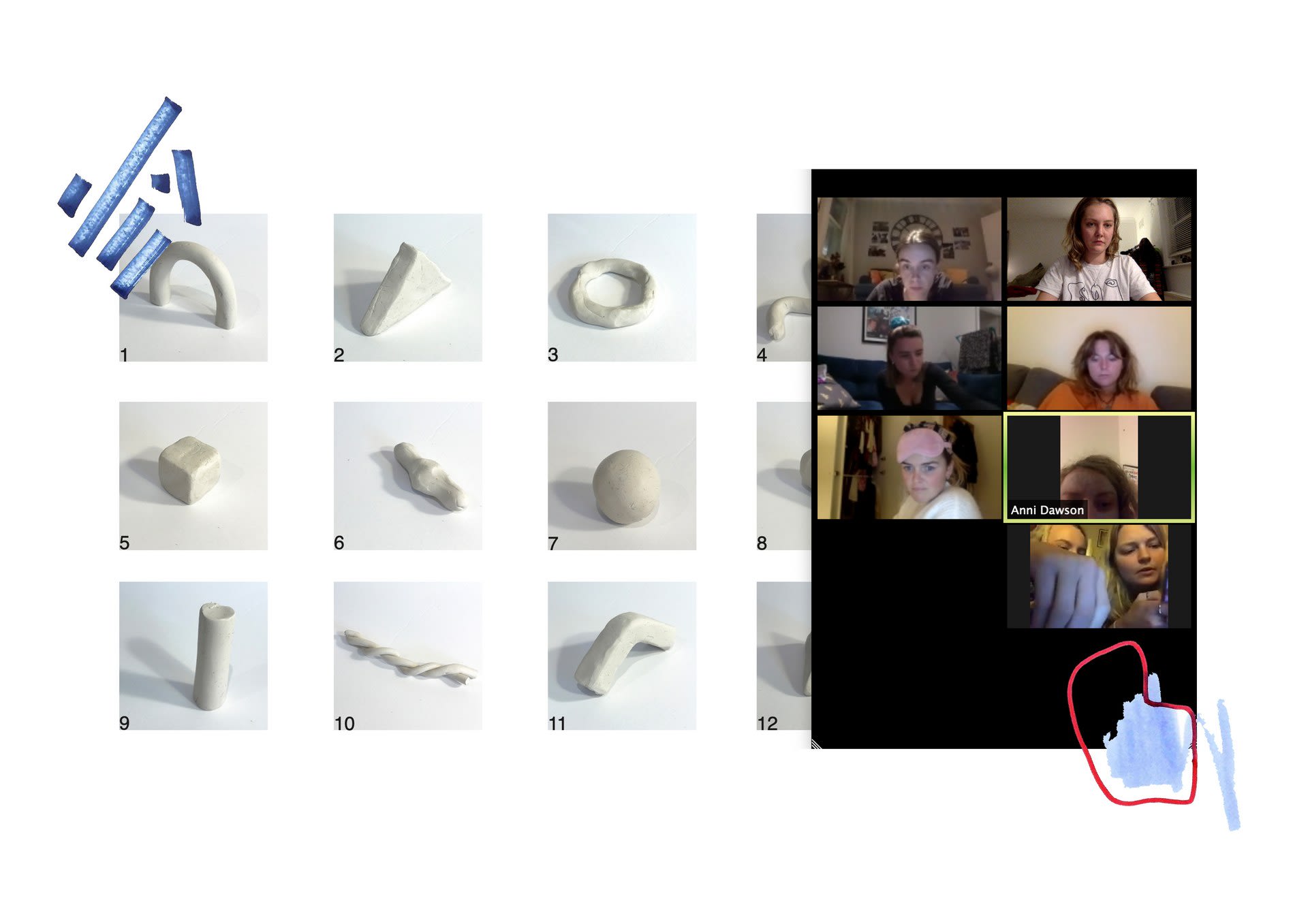

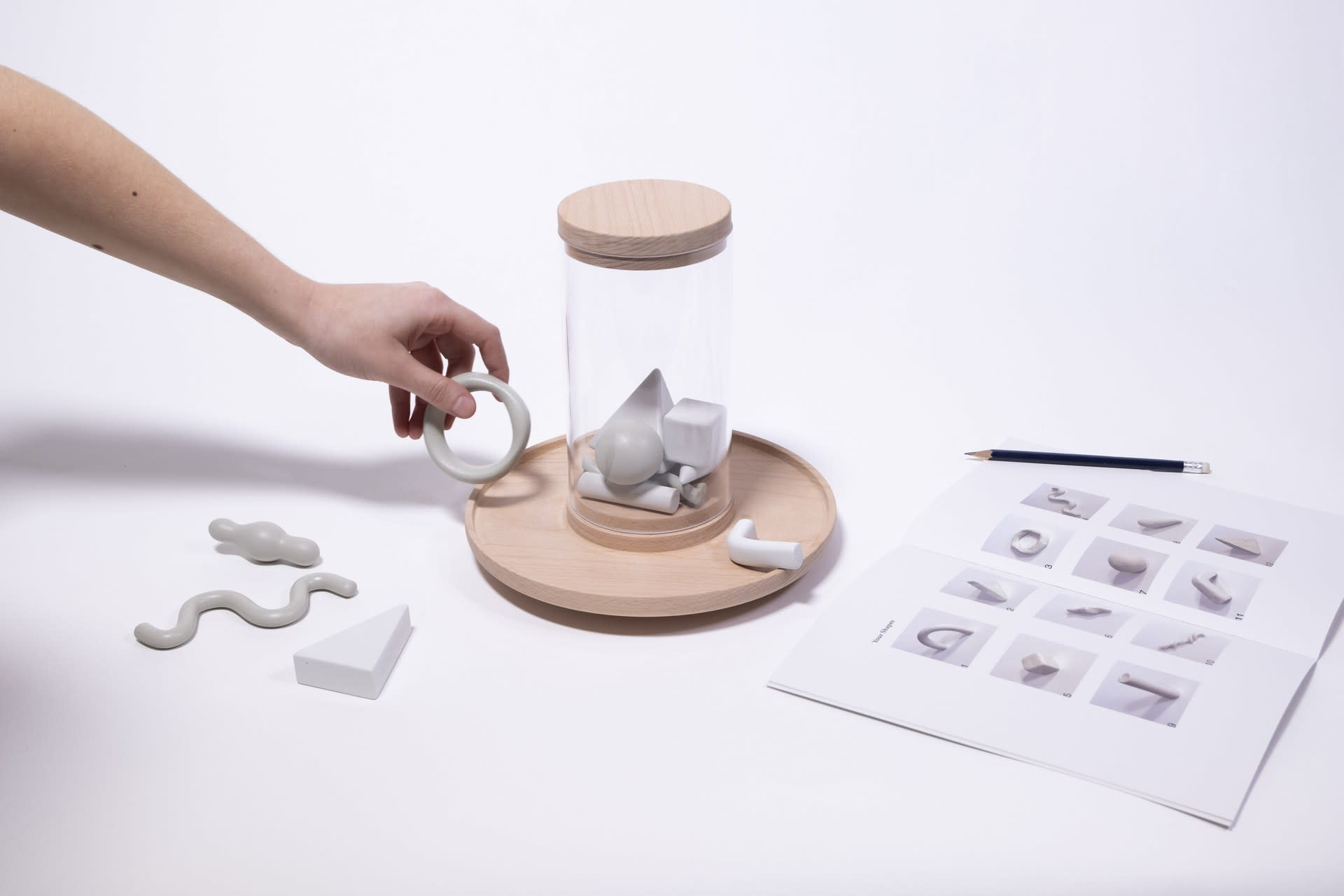
![[untitled]](https://res.cloudinary.com/rca2020/image/upload/f_auto,h_1080,w_1920,c_fill,g_auto,q_auto/v1/rca2021/60c345dca98c7847e5e0591f-668921?_a=AXAH4S10)
![[untitled]](https://res.cloudinary.com/rca2020/image/upload/f_auto,h_1418,w_1920,c_fill,g_auto,q_auto/v1/rca2021/60c345dca98c7847e5e0591f-702338?_a=AXAH4S10)
![[untitled]](https://res.cloudinary.com/rca2020/image/upload/f_auto,h_1466,w_1920,c_fill,g_auto,q_auto/v1/rca2021/60c345dca98c7847e5e0591f-716749?_a=AXAH4S10)